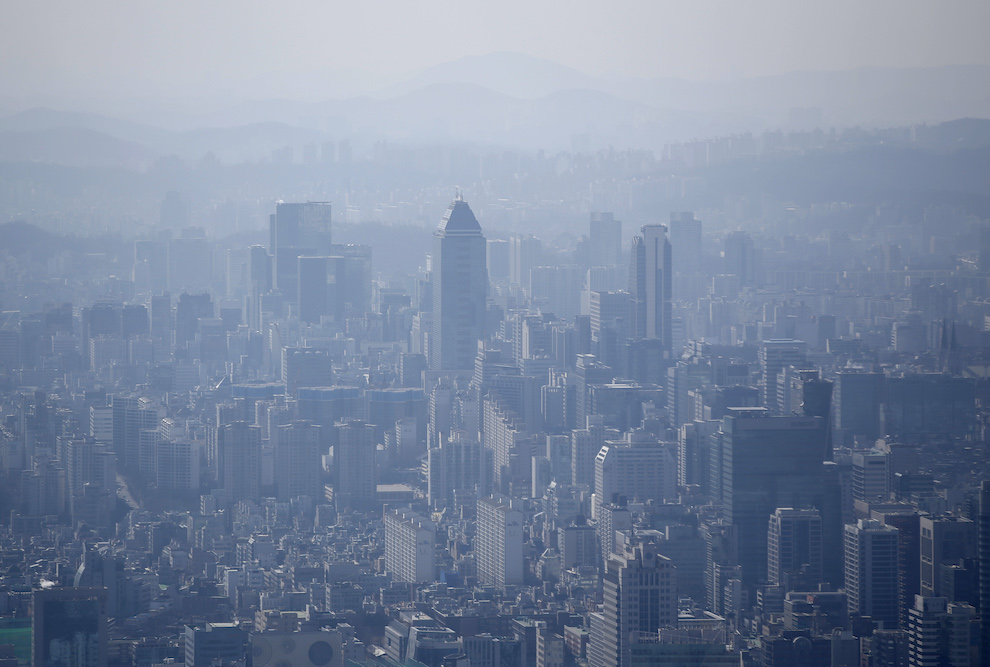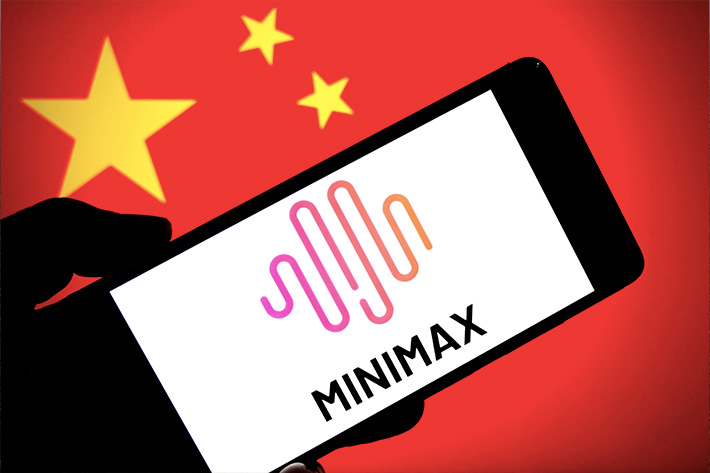South Korea‘s consumer prices rose at their fastest pace in more than a decade in March as the Ukraine war fuelled surging energy and commodity costs, adding pressure to the central bank ahead of its rate decision meeting next week.
The consumer price index (CPI) for March rose 4.1% from a year earlier, official data showed on Tuesday, the fastest increase since December 2011 and outpacing a 3.8% rise tipped in a Reuters poll.
Core inflation, which excludes volatile food and energy costs, also jumped 2.9% from a year earlier, staying at the rate seen in February. The sustained rise in core prices shows surging fuel and raw materials costs are feeding through to consumers.
“We do not see the upward trend in inflation slowing significantly next month,” said Eo Woon-sun, a senior StatisticsKorea official. He added that global supply disruptions could worsen amid the Russia-Ukraine war and prices for personal services such as eating out continued to rise.
The breakdown of data showed the cost of petroleum surged 31.2%, while that of housing rentals and outdoor dining increased 2.0% and 6.6%, respectively, on year. The cost of electricity, gas and water added 2.9%.
That puts the Bank of Korea‘s (BOK) monetary policy board under pressure to raise its benchmark interest rate even higher. It has hiked rates a total of 75 basis points since the pandemic.
While analysts do not yet expect the BOK to raise rates at its next policy meeting on April 14, the March inflation print, which is double the central bank’s 2% target, means a hike next week is not impossible.
New Central Bank Head Yet to Start
“If the bank gets to choose either to hike in April or May, April will definitely be better than waiting as the price pressure is growing,” Daishin Securities’ economist Kong Dong-rak said. “But given the board is conservative, will the bank be able to make a change to the rate graph in the absence of the governor? I will say no to that.”
The government last month nominated veteran Asian Development Bank official Rhee Chang-yong as the new BOK governor, though he is yet to assume office.
Last week, Rhee said he sees inflation outpacing the bank’s 3.1% forecast in the first half of 2022.
On Monday, BOK senior deputy governor Lee Seung-heon said this month’s policy review will be challenging, due to the twin risks of higher inflation and downward pressure on growth.
The bank’s current base rate stands at 1.25%, after policymakers stood pat at the last meeting in February following back-to-back hikes.
Analysts had expected the BOK to resume raising interest rates from the current quarter to take the base rate to 1.75% by the end of the year, but the acceleration in inflation may require such tightening to be front-loaded.
Separately on Tuesday, the government said it will expand tax cuts on oil products by 30%, from the current 20%, for three months to minimise the impact of soaring energy prices.
• Reuters with additional editing by Jim Pollard
ALSO on AF:
South Korean Shipbuilders at Sea Over Ukraine – SCMP
South Korean Venture to Build Hyperscale Data Centre
South Korean Jobless Rate Falls to Lowest on Record
























